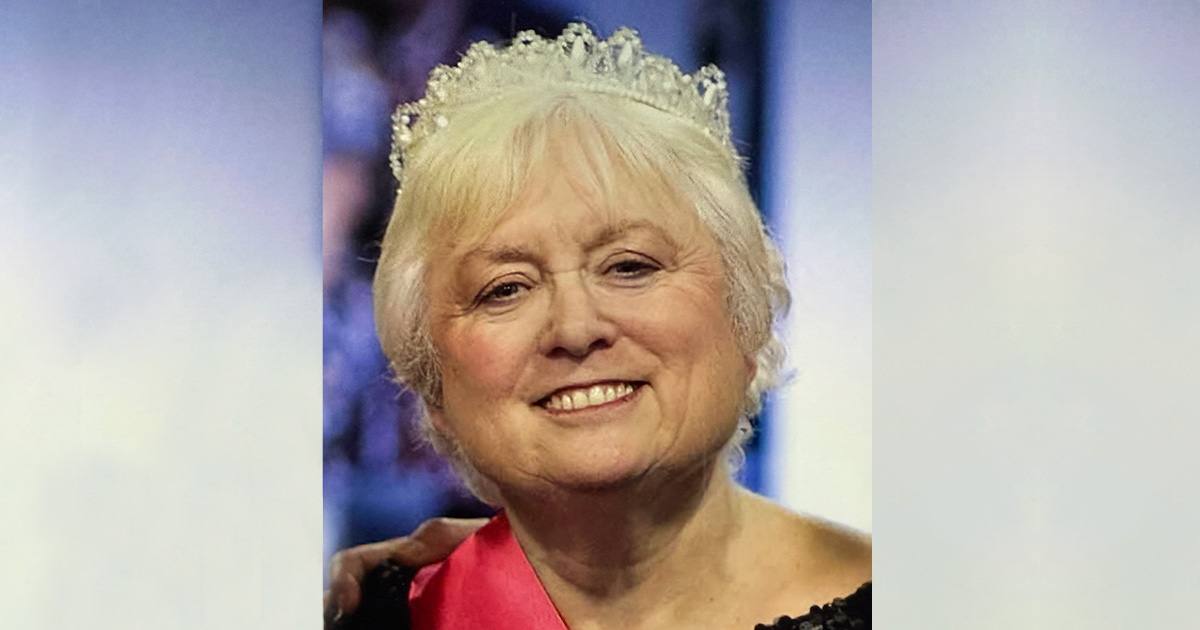It is deeply concerning that, in the face of dramatic increases in the numbers of people living with diabetes, a key, cost-effective service, such as that provided by DSNs, should be allowed to stagnate.
There is a growing body of evidence to support the importance of DSNs in both improving patient care and reducing costs to the NHS:
“Clinical studies suggest that specialist diabetes inpatient teams can reduce prescribing errors, improve patient outcomes, reduce length of stay, increase day case rates and reduce the number of admissions… The savings from the introduction of such teams can substantially outweigh the cost of the team” (Courtney et al, 2007).
There are many vacant DSN posts currently around the UK and this ultimately affects direct patient care. I have advertised on a number of occasions for a highly skilled Band 7 DSN, without success. Unfortunately, my colleagues around the UK echo my situation. Why do we find it so difficult to recruit nurses into diabetes specialist nursing? Maybe one of the reasons is that there is no recognised or accredited route into the specialism, so nurses learn on the job, rather than learning in a structured way.
A few years ago, TREND-UK approached the Nursing and Midwifery Council (NMC) to lobby them to consider the need for a specific qualification that would validate using the title “Diabetes Specialist Nurse.” This qualification would be attached to recognised modular education pathway that would develop the nurse who is interested in, and passionate about, diabetes care. This would provide and nurture nurses who are highly skilled and equipped to provide high-quality diabetes care in the future. Frankly, the NMC wasn’t interested in such a qualification.
Northern Ireland has managed to adopt a DSN course, fully funded by the healthcare trusts and accredited by one of their universities, which every aspiring DSN has to complete before they can apply for a DSN post or call themselves a DSN. Why can this happen in Northern Ireland, but not in other parts of the UK?
The problem with not having a recognised educational pathway is that any nurse can call themselves a DSN without having the specialist skills or depth of knowledge to work at an “expert” level. I believe we are short-changing people with diabetes who have complex needs. We need to ensure that we:
- Adopt the consistent job title of DSN for all posts that work wholly in diabetes and that meet the criteria of the TREND-UK competencies at “expert” level (TREND-UK, 2015).
- Provide a structured educational pathway to develop new DSNs into highly skilled and competent DSNs with a qualification that would reassure people with diabetes that they are been seen by an appropriately trained professional.
- Ensure professional development plans for all DSN posts reflect the competencies and use staff appraisals to map progress against competencies and plan training/support to address areas of need.
- Allow the DSN appropriate time for continuous professional development to build a portfolio and/or academic evidence that they meet the competencies.
- End the freezing of DSN recruitment.
- Ensure DSNs’ time is put to best use on complex clinical care, with appropriate clinical supervision (Diabetes UK, TREND-UK and the Royal College of Nursing, 2014).
What emerges from the data is a picture of stagnating staffing levels, falling patient contact, rising numbers of people with diabetes and skill levels under threat as training time, funding and recognition of specialist skills are restricted. I think this is bad news for both people with diabetes and the NHS, as it means that fewer people with diabetes will get the support they need to prevent, or delay expensive and traumatic complications (Diabetes UK, TREND-UK and the RCN, 2014). We need to address this shortfall now! Do you agree? Please let us know your thoughts.





International Diabetes Federation officially recognises “type 5 diabetes”, decades after first being observed.
24 Apr 2025